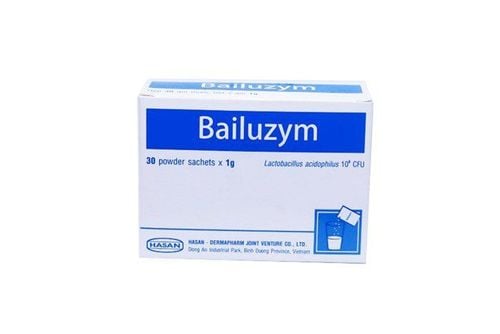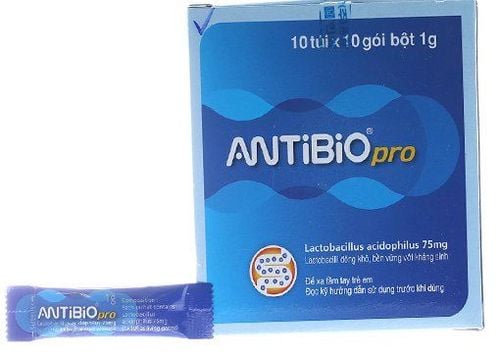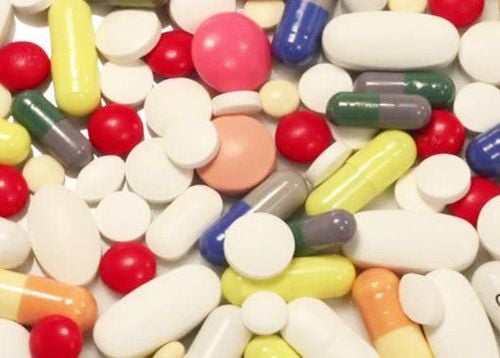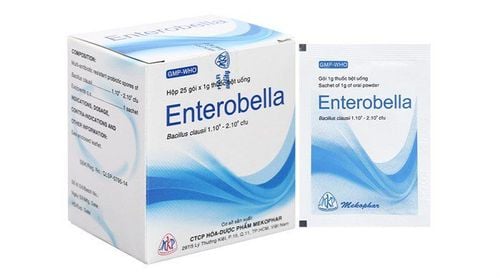This is an automatically translated article.
The gut microbiome is a complex community that includes both beneficial and harmful bacteria. Normally, this microflora is in balance to help maintain the health of the digestive system. So what are probiotics and what role do they play?
1. What are probiotics?
Probiotics are beneficial live bacteria or microorganisms that can confer a health benefit on the host. In fact, there are many beneficial bacteria in the human body. While the idea of eating probiotics may be weird, most of us eat different types of probiotics on a daily basis in the form of yogurt, sauerkraut, and cheese.
There are two common types of probiotics:
Bifidobacteria: These bacteria are commonly used in foods and supplements. They work to support the immune system, limit the growth of harmful bacteria in the gut, and help break down lactose into nutrients. Lactobacillus: This species of bacteria produces lactase, an enzyme that helps break down lactose (a sugar in milk). These bacteria also produce lactic acid. Lactic acid helps control harmful bacteria populations. Lactobacillus bacteria are found naturally in the mouth, small intestine, and vagina.

Lợi khuẩn có thể tìm thấy trong sữa chua
2. The role of beneficial bacteria
In the human gut, there are about 100,000 billion bacteria including more than 500 different species, forming a balanced system of intestinal microflora, of which 85% are beneficial bacteria, 15% are harmful bacteria. Sometimes, illness or stress can change the balance of bacteria and create digestive and other problems. Probiotics work by altering the composition of gut bacteria or the metabolic activity of existing bacteria. The good bacteria outnumber the bad bacteria in the gut. This prevents bad bacteria from multiplying and causing infection or inflammation. For example, too much yeast in the body can lead to a yeast infection, but a well-balanced gut bacteria will keep yeast levels down.
Probiotics help your body digest food and allow your body to absorb nutrients from food. Good bacteria can produce enzymes or proteins that inhibit, or even kill, harmful bacteria. Specific strains of probiotics also stimulate your immune system. Some bacteria are needed for the production of hormones or vitamins (e.g. vitamin K) and the absorption of nutrients. The development of type 1 diabetes in children may be related to inflammation associated with a deficiency of gut bacteria.
Research published by the American College of Gastroenterology indicates that particular strains of probiotics can:
Aids digestion Prevent diarrhea Alleviate vaginal infections Prevent autoimmune diseases Alleviate skin diseases Fight skin diseases This is also the reason that many doctors often recommend that patients take probiotics after taking antibiotics. This is because antibiotics can kill some beneficial bacteria along with harmful bacteria, which can cause diarrhea. Probiotics help maintain or restore a healthy balance in your gut.

Các lợi khuẩn có tác dụng ngăn ngừa các bệnh ngoài da
Please dial HOTLINE for more information or register for an appointment HERE. Download MyVinmec app to make appointments faster and to manage your bookings easily.













